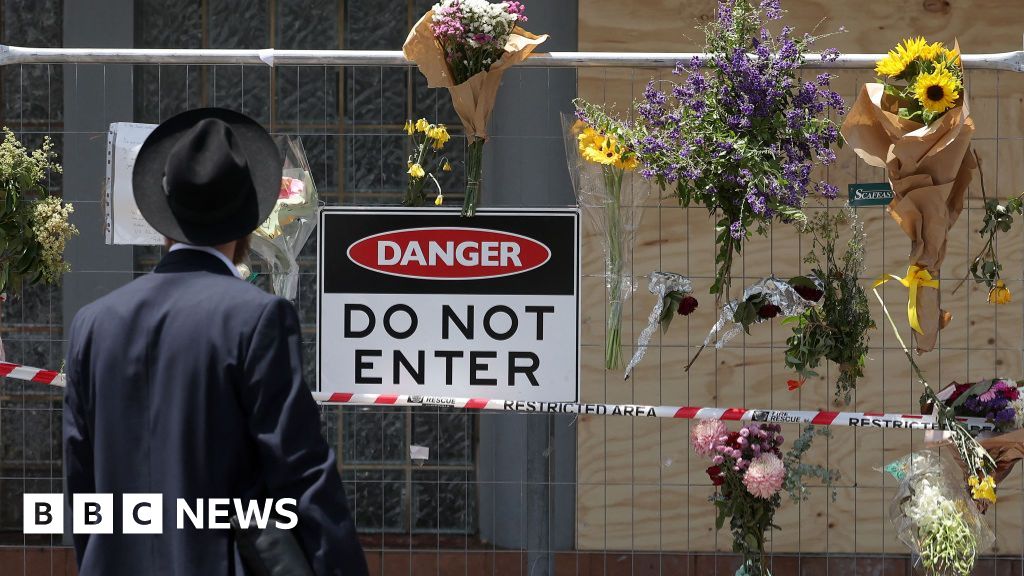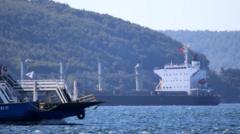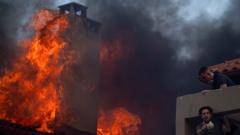The Kurdistan Workers’ Party, widely recognized by its Kurdish acronym P.K.K., announced on Monday its intention to disarm and dissolve, effectively concluding a prolonged armed conflict with the Turkish government that has spanned four decades. This pivotal moment follows a call from the group's jailed leader, Abdullah Ocalan, urging his followers to lay down their arms and pursue peaceful avenues.
The ramifications of this announcement could significantly impact Turkish politics and extend throughout the region. Originally emerging as a secessionist faction fighting for an independent Kurdish state, the P.K.K. has, over time, redefined its goals to advocate for enhanced rights and recognition for Kurds living in Turkey, who constitute an estimated 15% of the national population.
The protracted conflict has resulted in the deaths of over 40,000 individuals due to a series of P.K.K. attacks on both military and civilian entities, as well as extensive military operations launched by Turkey against the organization and communities that support it. Classed as a terrorist group by Turkey, the United States, and several other nations, the P.K.K.’s decision to move toward disbandment marks a crucial shift in the long-standing insurgency narrative.
As this historic endpoint draws closer, questions arise regarding the implications for Kurdish identity and rights, the future role of Ocalan, and how both Turkish and global political leaders will respond to this notable development. The complexities surrounding earlier peace attempts also add layers of intrigue to the possible outcomes of this latest chapter in Turkish-Kurdish relations.




















